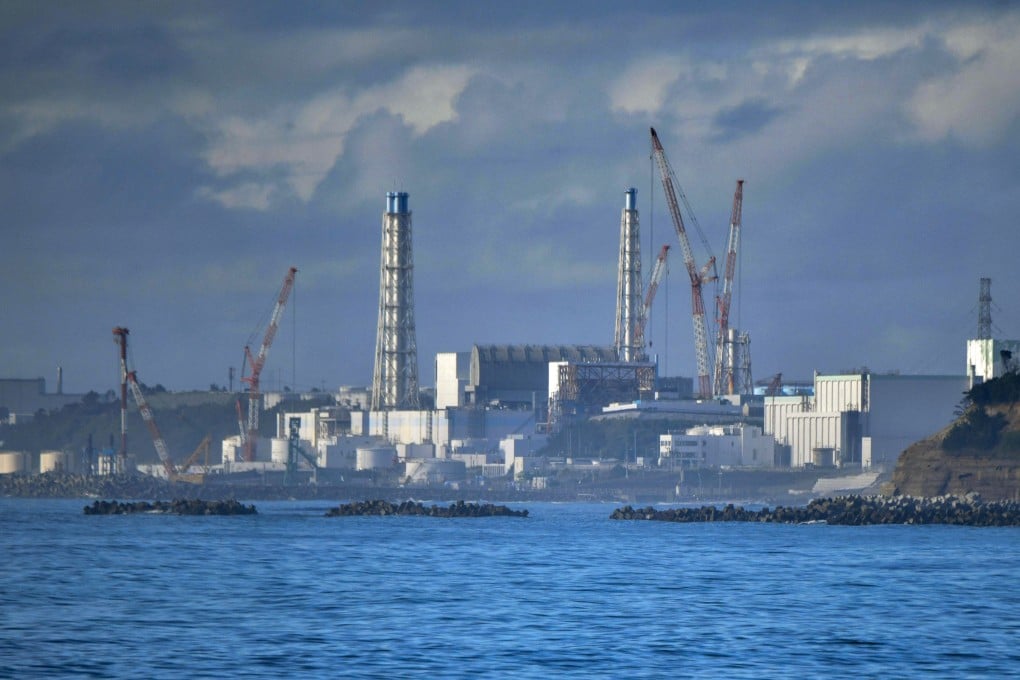China and Russia accuse Japan of dumping Fukushima waste water for cost reasons
- The decision to dispose of radioactive water in the sea has alarmed neighbouring countries, even though the International Atomic Energy Agency says it is safe
- A joint submission by Moscow and Beijing said heating and then evaporating the water would be safer, but this option would be more expensive

They made the charge in a series of letters to the International Atomic Energy Agency, including a joint list of technical questions to Japan on July 26 questioning the choice of water discharge when another potential option, vapour release, “has less impact on the ocean and neighbouring countries”, and is less likely to cause leakage or pollution.
Last month’s letter went on to say: “Japan also mentioned that ‘facility configuration for discharge into the sea is simple compared to that for vapour release’, which shows that Japan chooses ocean discharge based on economic considerations.”
Despite continued protests domestically and from neighbouring countries, Japanese Prime Minister Fumio Kishida said on Monday that the plan would go ahead with the first release of the treated and diluted water into the ocean as early as Thursday.
